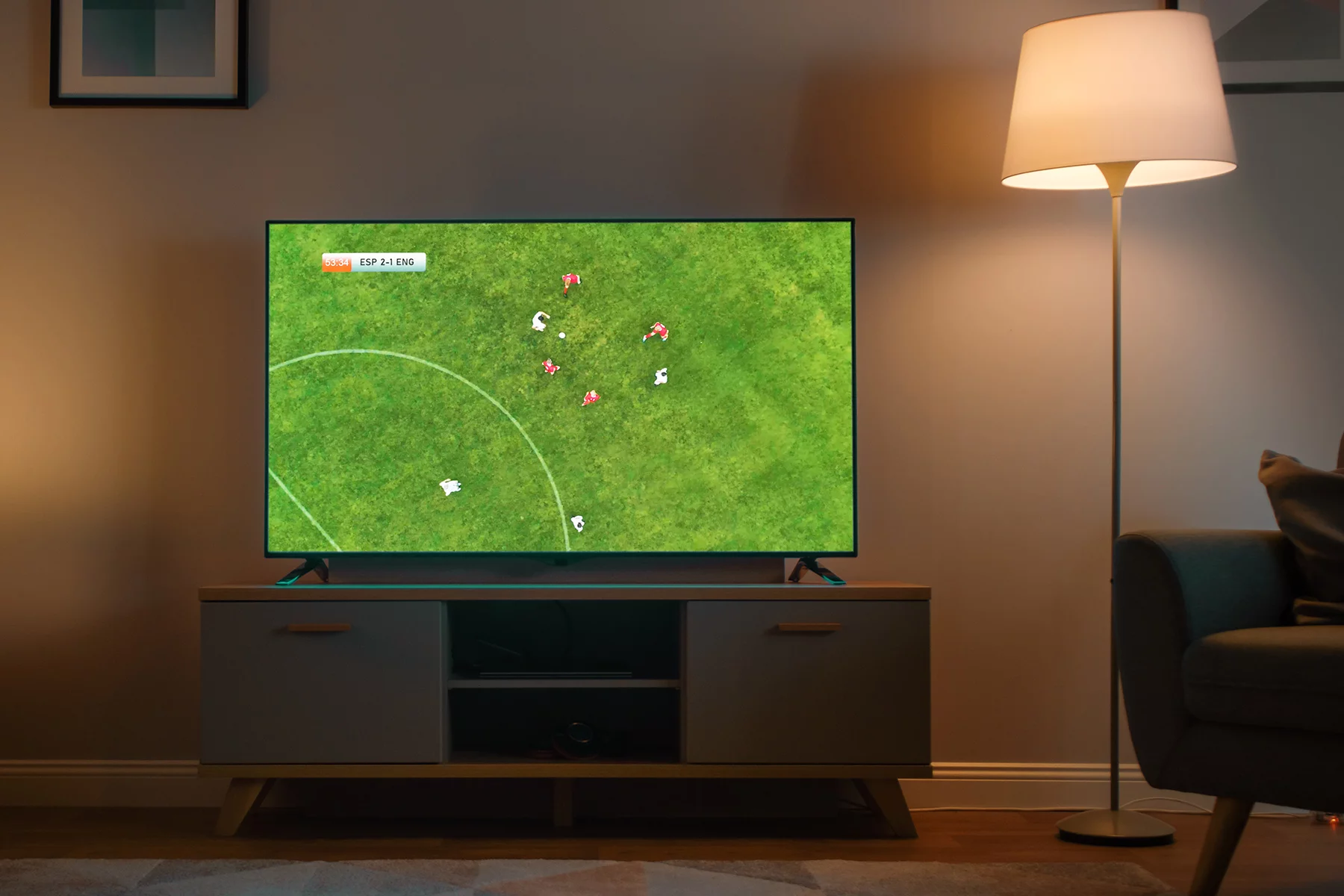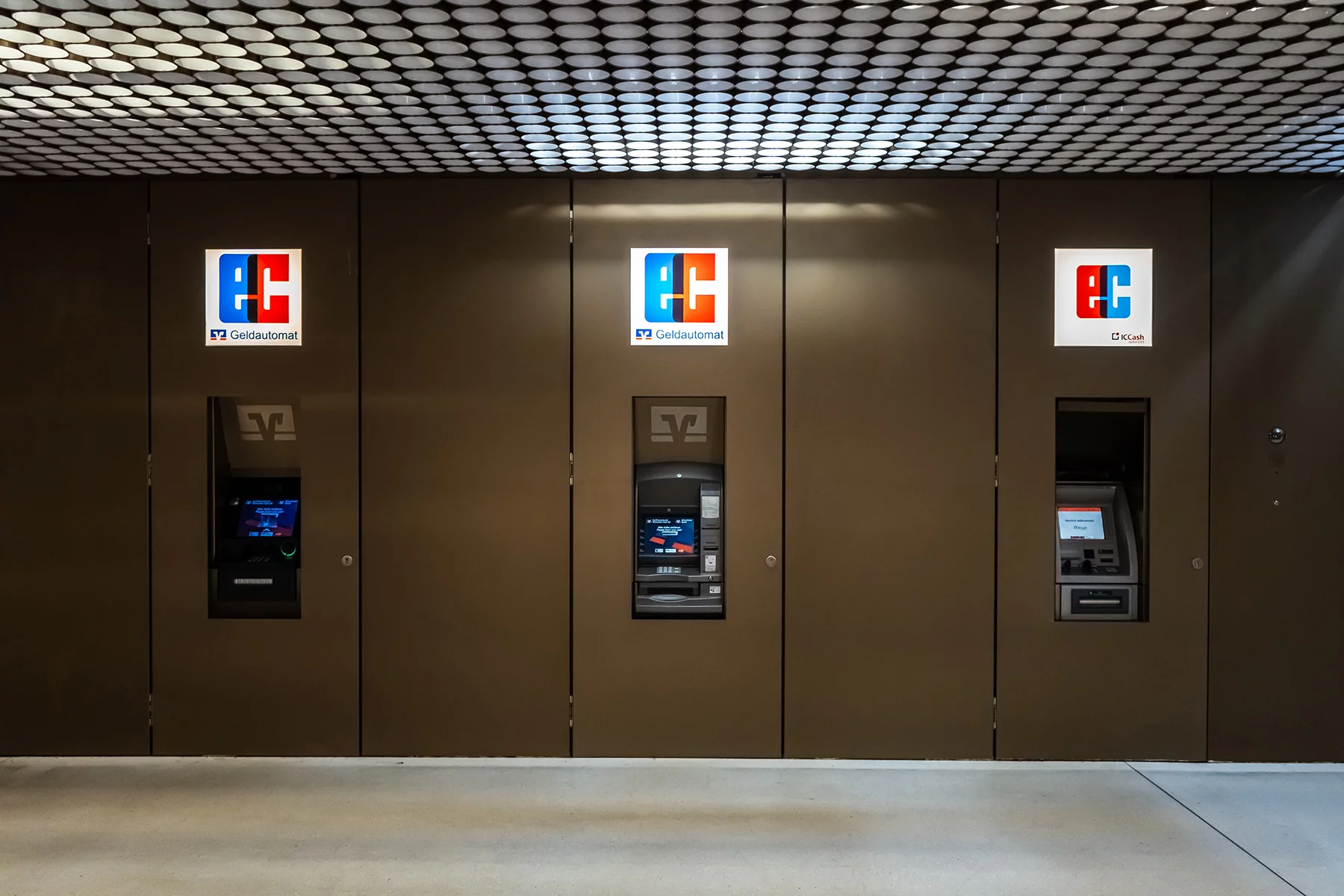For some expats moving to Germany, their dream home will be an apartment in a trendy Berlin neighborhood. For others, it will be a chalet in the Bavarian Alps. But, wherever your new life in Germany takes you, one of the first things you’ll need to do is set up your home communications.
If you’re a new arrival, the idea of setting up your TV, home phone, and internet connection in Germany might seem daunting, but it shouldn’t. Our helpful guide lays out everything you need to know about getting your home connected, including information on the following:
PREISVERGLEICH.de
Looking for the best deal on your home phone and internet? Compare your options on PREISVERGLEICH.de. As well as comparisons for telecoms, you can explore your options for energy, shopping, insurance, and more. Try out PREISVERGLEICH.de and see how much you could save.
Communications in Germany
If you’re an expat arriving in Germany, you might expect Europe’s biggest economy to have plenty of options when it comes to home telecoms – and you’d be right. Germany’s telecoms market is well-stocked and there is a growing number of providers for you to choose from.

While telecoms services were traditionally provided by different companies, these days many providers offer a range of services. This includes TV, home phone, and internet. Many also provide mobile phone services, in case you’re looking for a German SIM card. Some of the biggest providers in Germany include:
Providers often offer discounts if you take out more than one service. In addition, if you’re keen to opt for a sustainable phone and plan, it’s worth checking out options such as EDEKA smart, who offer more environmentally friendly smartphones and deals. Many also offer deals on mobile phone subscriptions too, so it pays to shop around and see if you can save some money. The easiest way to do this is by using a comparison website like Power SIM or PREISVERGLEICH.de.
Getting connected in a new home
Whether you’re buying a house in Hannover or renting a flat in Freiburg, one of the first things you’ll want to do is get your new home connected. Generally speaking, if you’re buying a property in Germany, you’ll probably need to start from scratch and set up your own internet, home phone, and TV subscriptions. This gives you much more freedom to choose the provider of your choice, but you may have to wait to get everything set up.
If you’re renting, your new home may well already have these services connected. If this is the case, their costs will likely be included in your monthly rent payments. However, you should also clarify this with your landlord before signing any paperwork. You should also check what (if anything) is put in your name and whether you can change providers should you wish.
Serviced and short-term apartments will generally have all your communication needs included in the price. It may be possible to then change the provider if you prefer to. However, considering the minimum contract lengths involved with most German telecoms providers, you probably won’t want to.
Getting a landline telephone in Germany
With so much of modern life lived on our smartphones, you might not think about setting up a home telephone connection at your new address. However, for many, having a landline connection is an essential part of setting up a new home, and thankfully in Germany, the process is fairly straightforward.
Historically, Telekom (as part of the state-owned Deutsche Bundespost) held a monopoly over telephone connections in Germany. Indeed, Telekom still dominates the market as they operate much of the country’s fixed-line network. However, since the telecoms market was liberalized in the 1990s, other companies have entered the home phone market, giving you the option to choose a different provider.

Many home phone providers offer a landline connection as part of a package deal with internet, TV, and even mobile phone subscriptions. These deals can work out significantly cheaper. However, be aware that telecom contracts in Germany are often for 24 months and it can be difficult to cancel one midway through.
How do I set up a landline phone in Germany?
If you’re moving into a brand new house without any phone connections, you’ll probably need to contact Telekom to set up a brand new line. This can take a few working days and an engineer will come to your house for the installation. If your new home already has a phone line installed, you can choose to either change to a new provider or keep the existing one. Once you have decided on your provider, you can set up your new connection.
When opening a new landline connection, you’ll need to provide your supplier with the following information:
- Proof of identification (most likely a passport)
- Proof of address (registration certificate)
- Bank account details
It will likely take a few days to activate your account and you will probably be informed of this in writing or via email. If you’re moving within Germany, you can easily relocate your phone/internet contract to your new address. Should you find yourself at the end of your contract, you can simply inform your new provider that you wish to change and they will take care of the switch for you.
Setting up internet connection in Germany
The internet network in Germany is fairly decent. However, compared to other European nations, connection speeds can be surprisingly slow, even in large cities. Because of this, make sure you do a speed test before signing a contract. Internet connections are generally provided via DSL (digital subscriber line) cables. However, some providers also offer fiber-based VDSL (very high-speed digital subscriber line), depending on your location.
Germany’s cable network is predominantly owned by Telekom and, because of this, the company remains the ‘default’ provider in many parts of the country. However, don’t let that stop you from shopping around because you’ll soon find plenty of options to choose from and the competition is fierce. Most providers offer a range of packages, often priced according to cable type, download speed, and other extras like TV packages.

It’s important to find an internet package that meets your needs. For example, if your family spends a lot of time gaming, you’ll need a higher download speed. If you only use the internet for social media and subscription TV services like Disney+ or Zattoo, you should be fine with a lower download speed. Before signing a German internet contract, read the small print. Many providers have strict minimum terms (mindestlaufzeit), which can run up to two years. Depending on your situation, you may need a contract without a minimum term (ohne mindestlaufzeit).
The biggest internet providers in Germany include:
If you’re not sure which provider to choose, it’s always a good idea to use a comparison website, such as PREISVERGLEICH.de or Verivox. Here, you’ll be able to simply compare a range of tariffs that meet your needs and find the best deal for you.
How do I set up an internet connection in Germany?
Once you’ve decided on your provider, you’re ready to get your home connected to the world wide web. Thankfully, it’s relatively straightforward to set up your internet connection at home. Your provider may mail you an installation package that includes your router and set-up information. Alternatively, they may arrange an engineer to visit your home and set up your connection.
If you’re already living in Germany and simply switching from one company to another, get in touch with your new provider. They will likely offer a switchover service. This takes the stress out of the process and ensures you remain online throughout.
Getting a VPN in Germany
When moving abroad, it’s more important than ever to ensure your privacy and security while surfing online. For many expats, this means getting a Virtual Private Network (VPN). VPNs can help you browse with more anonymity and privacy wherever you are in the world. They can also help unblock online content, letting you access your favorite sites and platforms from home and abroad. VPNs available in Germany include:
Setting up TV in Germany
TV in Germany is generally of decent quality and widely accessible across the country. While terrestrial TV is available throughout Germany, the offer is relatively limited. This is partially due to the fact that the vast majority of German residents access TV through cable or satellite connections. For more information, read our guide to German TV and radio.
Because of this, you’ll find a wide range of TV options and packages to choose from. Many of the most popular TV subscription services come as part of package deals that are bundled together with home phone, internet, and even mobile phone services.

The price you end up paying for your TV subscription will largely depend on your chosen package. Most providers offer a range of packages and many come with additional features such as interactive TV and additional subscriptions. Some of these TV packages will include international TV channels like Comedy Central and MTV. However, this isn’t necessarily the case, so do some research beforehand to ensure you end up with the TV channels you actually want to watch. Before watching any TV in Germany, you’ll also need to pay the local broadcasting fee (Der Rundfunkbeitrag), which is essentially a TV license.
For a better choice of English shows or other foreign language channels, you may want to consider adding an additional subscription service. However, you’ll need to do your research ahead of time to make sure you get the right one(s) for you. Subscription TV services in Germany include:
These typically offer a good range of programming from across Europe and beyond, meaning you’ll be able to enjoy your favorite shows and discover new ones.
How do I set up a TV in Germany?
Setting up your new TV connection in Germany is relatively straightforward and you can probably do this yourself. You’ll receive a package from your TV provider with the cables and connections you need. This will come with an instruction booklet. However, this booklet will probably be in German, so be prepared to practice you German language skills.
If that sounds too complicated, though, some providers offer an installation service for first-time subscribers. The cost of this service varies between providers, so be sure to check prices beforehand.
Paying for your phone, internet, and TV bills in Germany
Paying for your TV, internet, or landline phone bills is usually done on a monthly basis. Your service provider will stipulate their preferred payment method. This is likely to be through a monthly collection (direct debit) or bank transfer. Depending on your provider, you may need to have a German bank account to set up these payments. If you don’t already have a local account, it’s possible to apply for one up in minutes by using an online mobile bank like N26. For more information, visit our guide to mobile banking in Germany.
Making a complaint about a telecoms company
Every German telecom company has its own complaints process should you feel their service has not been up to scratch. You’ll be able to find this information easily on their website. However, should you want to complain about the company itself, you can do so by contacting Germany’s Federal Network Agency (Bundesnetzagentur), the country’s telecoms regulator. Here, you’ll be able to submit your complaint along with any relevant supporting documents.
Useful resources
- Federal Network Agency – Germany’s telecoms regulator







